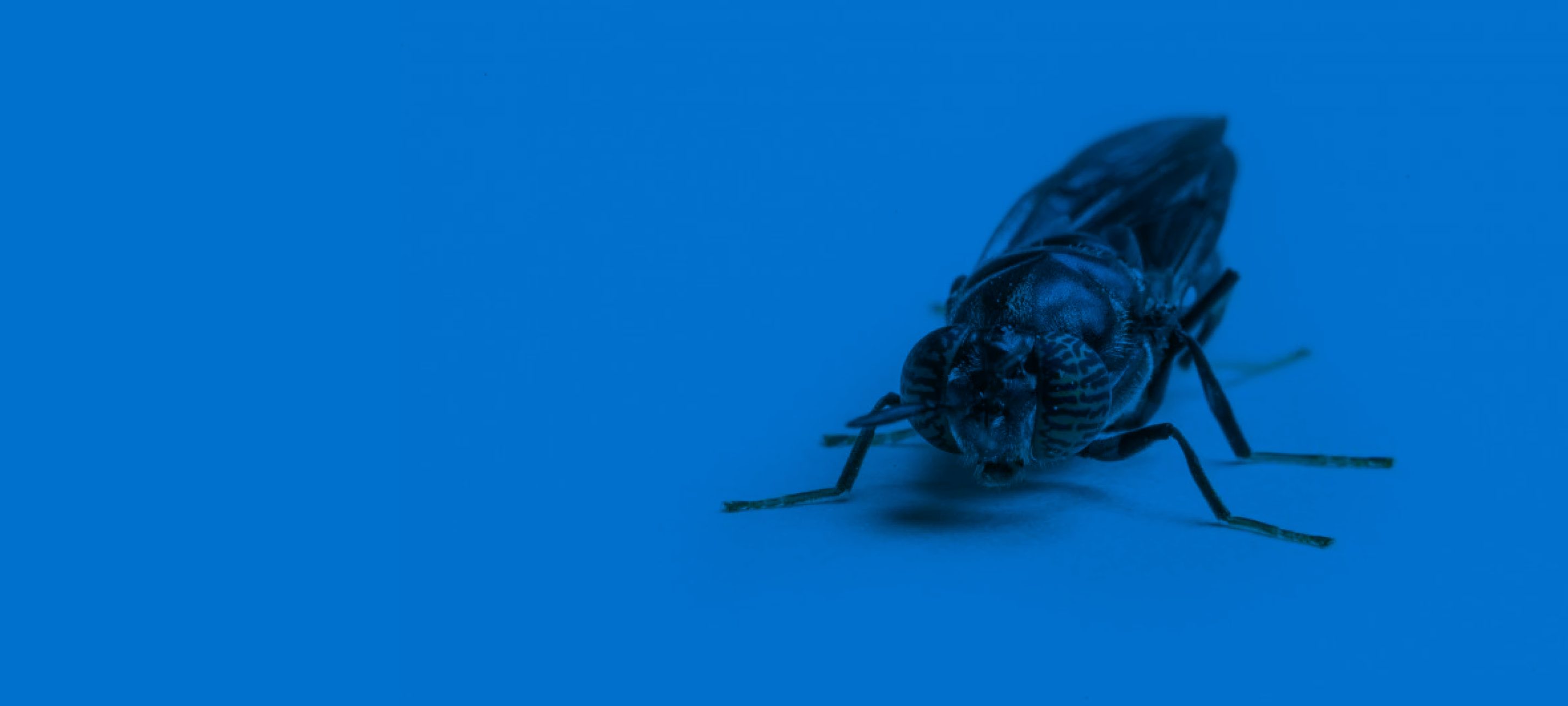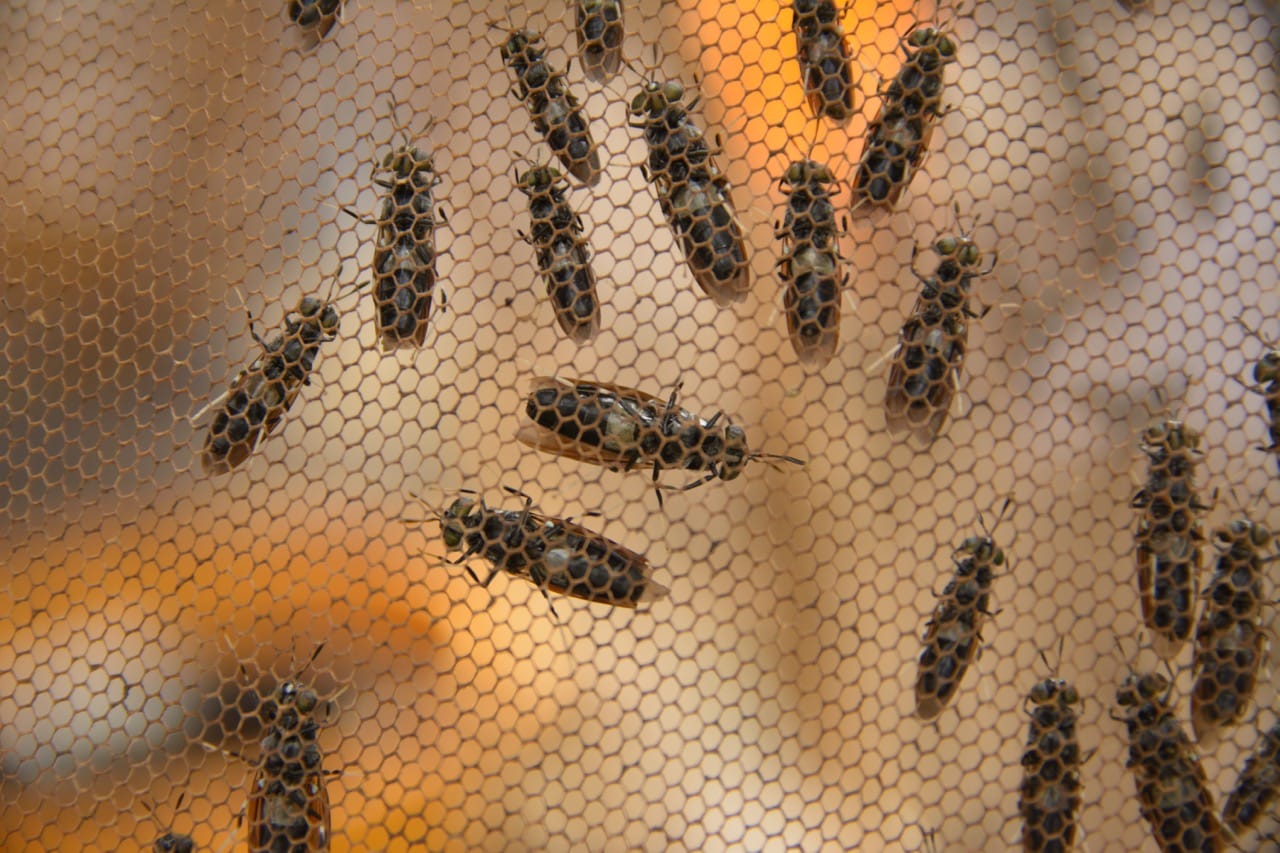
Markets
Sustainable Aquaculture through Insect Farming: Revolutionizing Fish Feed with Insect Meal
The future of aquaculture production is being reshaped by the innovative use of insect farming, leveraging residual waste streams for a more sustainable approach. Traditionally, the aquaculture industry has relied heavily on fishmeal to nourish a wide variety of aquatic organisms, including fish, crustaceans, and shellfish. This practice, however, is being challenged by the emergence of insect meal as a viable alternative.
Insect meal, especially derived from sources like the Black Soldier Fly, is gaining recognition for its high protein content, making it an excellent substitute for fishmeal in fish feed production. This transition not only promises a reduction in the environmental impact associated with traditional feed sources but also supports the sustainability goals of modern aquaculture practices.
Discover the untapped potential of the Black Soldier Fly and other insect-based feed options for aquaculture. Learn how these innovative solutions are paving the way for a more sustainable and efficient future in fish farming. Dive deeper into the benefits of insect meal for aquaculture and how it stands to revolutionize the industry by replacing conventional feed sources with a eco-friendlier and more sustainable alternative.
Are you interested in exploring the potential of insect-based feed, particularly the Black Soldier Fly, as a sustainable food source for aquaculture? Join us in this journey towards a more sustainable future in aquaculture production.


Aquaculture Sustainability: Insect Meal for Superior Fish Farming
Dive into aquaculture through the integration of insect farming, a pivotal shift towards achieving unparalleled sustainability and efficiency in fish farming. Insect meal, particularly from the Black Soldier Fly, represents a forward-thinking approach that addresses both nutritional needs and environmental concerns.
Key Benefits of Insect Meal in Aquaculture:
- Nutritional Superiority: Insect meal is renowned for its high protein content, essential amino acids, and fatty acids, which are crucial for the healthy growth and development of aquatic species. This makes it an excellent substitute for traditional fishmeal, enhancing the nutritional quality of fish feed without compromising on performance.
- Environmental Sustainability: By utilizing insects that thrive on organic waste streams, this approach significantly reduces the reliance on wild-caught fish for feed, thus alleviating pressure on marine ecosystems.
- Economic Viability: The scalability and efficiency of insect farming for feed production present a cost-effective solution for aquaculture businesses. With reduced dependency on fluctuating fishmeal prices and the potential for on-site feed production, businesses can achieve better control over their production costs, enhancing profitability.
- Improved Fish Health and Welfare: Insect-based feed has been shown to improve the overall health and welfare of farmed fish. The digestibility and nutrient profile of insect meal can lead to better growth rates, improved immune responses, and lower incidence of diseases, contributing to more sustainable and ethical farming practices.
- Consumer Acceptance and Market Demand: As consumer awareness and demand for sustainably produced seafood grow, the use of insect meal in aquaculture aligns with market trends. This can offer a competitive advantage to businesses that prioritize environmental stewardship and sustainable sourcing, meeting the expectations of a more conscientious consumer base.
The Path Forward:
Embracing insect meal as a key component of fish feed represents a transformative step for the aquaculture industry. By harnessing the benefits of the Black Soldier Fly and other insects, we can pave the way for a more sustainable, efficient, and resilient future in fish farming. This innovative approach not only aligns with global sustainability goals but also offers a practical solution to the challenges facing traditional aquaculture practices.
